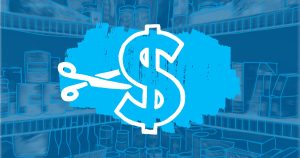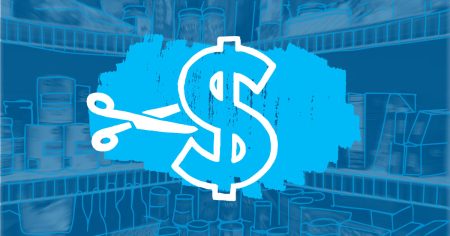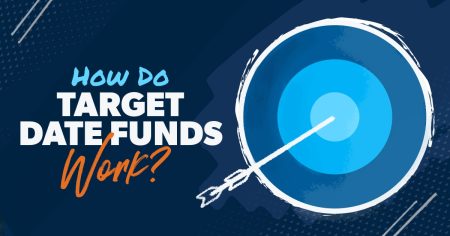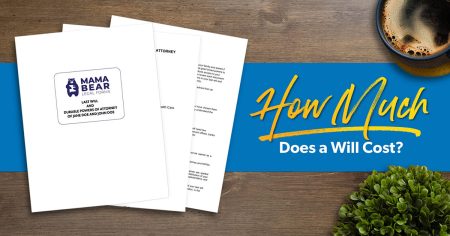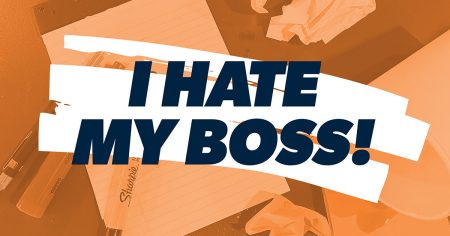While some debt is considered good debt for small business owners—debt that ultimately helps the borrower net more in savings or income—other debt is deemed “bad debt.”
The latter includes debt that can directly and negatively impact a business owner’s credit score, or that costs money or potentially limits their ability to secure financing in the future. Past-due debt, sometimes referred to as “delinquent debt,” falls into this category.
What is past due debt?
Past-due debt is the money owed on a missed debt payment.
For example, let’s say you receive a credit card bill of $1,000 with a minimum monthly payment of $50. If you don’t make that $50 payment on time (usually within a month), it will become past due.
This debt payment will often accrue late fees and additional interest if not paid—and continue to accrue fees for as long as it remains unpaid.
You don’t necessarily need to pay the full $1,000 at once—but you missed the required minimum payment, which caused a debt payment to become past due.
Past-due debt can arise from anything that requires regular payments—utilities, rent, credit cards, business loans, and invoices. Any required payment that goes unpaid becomes past due.
What is the difference between past due debt and delinquent debt?
The difference between past due debt and delinquent debt is simply semantics. Debt that is past-due is also considered delinquent.
However, while any unpaid payment is past due, there are differing levels of delinquency. Each level has its own penalties and risks to your financial reputation. Here are a few examples:
- Within 10 days: Many lenders have a grace period of a couple of weeks during which you can pay off the debt. During this time, there aren’t late fees or penalties as long as you pay off your debt. (This grace window varies by the lender—some will charge a fee if you miss the payment date by even a day.)
- After 10 days: You may receive a late fee for your delayed payment, but the lender won’t take any action against your account.
- After 30 days: If you skip a full billing cycle, your creditors will likely report this missed payment to the national credit bureaus. This report can impact your credit score and add delinquency to your credit history.
- After 90 days: If you continue to miss payments, you’ll likely accrue more penalty fees and interest. Your interest rates may increase, and your credit will keep dropping. Eventually, your creditor will send your account to collections and freeze any services you receive.
The impact of past due debt on your business
If you’re contending with multiple sources of debt, start with your past-due accounts. Late payments and delinquent debt can linger on your credit report and negatively impact your credit score.
With a poor credit score, loans (of any kind) will become harder to get—you’ll have to battle less favorable terms and higher interest rates, assuming you can get a loan at all. Paying off your overdue debts first could prevent your account from going into collections and affecting your credit score.
If possible, make the minimum payments on all of your accounts—even if you can’t pay off the full balance. Hitting these minimum payments proves to creditors that you’re still willing to pay what you owe and aren’t going to fall into delinquency.
If you are ever in a situation where you’re unable to make the minimum payment, contact your creditor ASAP. Some credit card companies offer hardship programs where you can pause payments for a few months. Your other lenders may be willing to accept partial payments in the short run.
How long do late payments stay on your credit report?
Payment history is one of the biggest factors of your credit score. Your history lets lenders know how likely you are to miss a payment or become delinquent on the account.
Because of its high value, a missed payment will stay on your credit report for 7 years, whether the missed payment is 30- or 90-days late.
However, a missed payment might not affect your credit score for the full 7 years. If you only miss a few payments, then your credit score might rebound in a couple of years. Multiple factors contribute to your credit score, and maintaining a good payment history is one of the best ways to keep it strong.
How to solve your past due debt
If you have an upcoming loan payment that you can’t afford, don’t panic. Below, we’ll show you a few tactics to keep your lenders satisfied and your cash flow flowing when paying off your debts isn’t a readily available option.
Find short-term financing
It’s always scary to fight debt with debt, but sometimes it’s necessary. If you’re struggling to make your loan payments, consider one of these short-term financing options:
- Business Lines of Credit: Use a line of credit to cover practically any business expense: payroll, rent, debt payments, supplies—you name it! You can get funds in as little as 1 to 2 weeks, and then you’ll get immediate access to any funds you use as soon as you repay the amount used.
- Business Credit Cards: If you don’t qualify for a line of credit, a business credit card is another great short-term financing option. You can make your necessary loan payments on your credit card and earn cashback and travel rewards while you’re at it. Plus, you can score a card with a 0% interest period (sometimes as long as 18 months), meaning you can make lower monthly payments with fewer consequences.
Negotiate with your lenders
Your lenders don’t want you to default.
If you’re struggling to make payments, they may be willing to temporarily restructure your loan. This act could mean lower interest rates, payment deferments, and extended terms.
For example, Bank of America allows businesses to request deferments on loan payments without negative credit reporting.
Funding Circle provides forbearance, repayment flexibility, and even late fee forgiveness.
Talk to your lender and see what help they’re willing to provide. It doesn’t hurt to ask, and you might be surprised with their leniency.
Set reminders for your minimum payments
While your lenders will likely remind you about upcoming bills, you can also set payment reminders to ensure that you at least make your minimum payments.
These reminders will help you avoid past-due debt, even if you still need time to pay off your full balance. Making these small payments will help to protect your credit and your future financial opportunities.
If you’re too busy to remember to make payments, you can also set up autopay options to draft from your account. Just make sure you have enough money to avoid overdraft fees.
Boost your cash flow
Improving your cash flow is probably one of the harder options, but it’s still possible. To boost your cash flow, you’ll need to increase sales or decrease expenses (or both).
Consider areas where you can cut spending. Every dollar counts. And then look for where you can grow your sales. With the digital world as your oyster, there are endless possibilities for making revenue online.
Don’t give up
If you can’t make your loan payments, don’t give up. There’s a way out—you’ll make it through this. Hold your head up high and fight for your business’s survival.
Read the full article here



